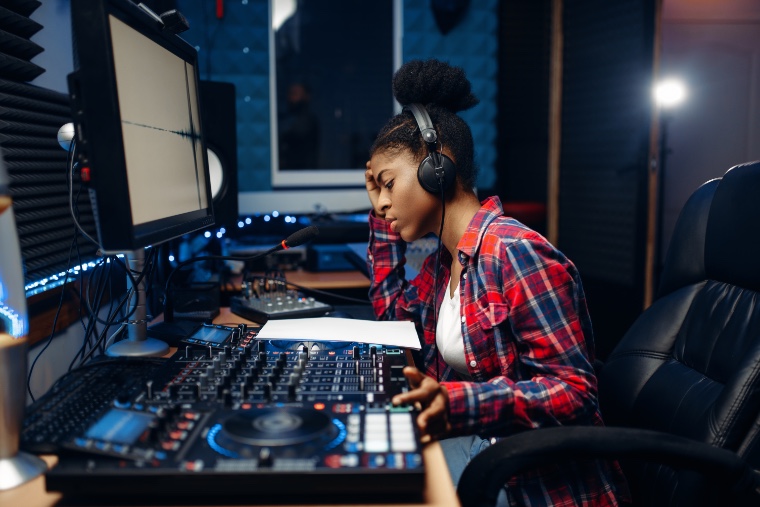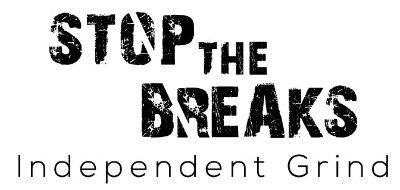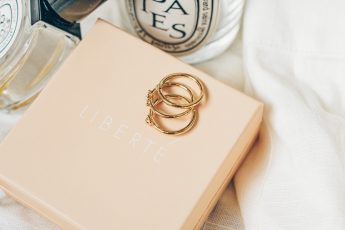
Cases of sexual harassment in the music industry aren’t a new issue. In fact, they’ve been there for decades, but addressing such quite a struggle for most artists.
Failure to take the proper action on cases of abuse causes a strain in any industry. In music, however, more and more survivors of sexual harassment, mostly women, have been speaking up and fighting their right to safe spaces to express their craft. Although this is just a small step, amplifying the voices can lead to industry- and society-wide changes.
Sexual harassment is a pervasive strain in the music industry. Some of its signs are so obvious, yet often overlooked.
Silence Of The Victims
Most victims of sexual harassment stay silent in fear of losing their careers. Also, bringing it to the court takes so much time, effort, and money for a growing artist. It’s a tough match to win.
Another factor that hinders victims from raising their voices is the fear of being unheard. In a society where victim-blaming is rampant, it’s harder to speak up and get the sympathy of those who should protect your right in the first place.
One incident to learn from is the response of the tech giant, Alibaba, regarding the sexual harassment experienced by one of their employees. The issue was put aside the first time the employee brought it up to the management. However, truth found its way and reached the public through social media, resulting in Alibaba’s further action in preventing any form of harassment among their employees.
This circumstance shows that if the victims were only given the time to speak up, change can happen. This is what the concerned artists in music industry are trying to fight for today—a platform that allows victims to speak up without being blamed.
How the whole music industry responds to abuse can either make or break a rising star. Making the artists feel safe allows them to freely create and perform music, leaving no space for setbacks caused by harassment or any form of oppression.

Imbalance Of Power
The music industry is just one of the male-dominated business fields. Although female representation has drastically increased over the decade, the ‘businessmen’ behind these female artists still manage to hold the power.
This imbalance of power between men and women in the music industry breeds unequal treatment. Where dominance is asserted, there’s someone who’s mistreated. This is why the music industry should give equal opportunities regardless of gender.
Furthermore, equality isn’t just about equal representation and treatment, but also equal criticism. The actions one gender could get criticized for should be the same as the other. There should be no excuses or special treatments.
Striving for equality doesn’t take power from the dominant, but, rather, empower those who are vulnerable. It’s a lengthy path to take, but today’s artists are already paving the way for the new generation of musicians to follow.
Double Standards
The society’s double standards when it comes to how and what men and women could be reflect in the music industry. When a male singer sings sensual songs, it’s hot. But, when a female singer sings songs with even the slightest sense of sensuality, she’s now a candidate for slut-shaming.
For further example, take a look at how female artists are criticized so much harsher about what they’re wearing, compared to criticisms male artists receive. You can go to a concert and watch a female popstar change outfits for almost every song. On the other hand, a male popstar can do a full show in one outfit without being called cheap or lazy, and might even go topless at the end of the set without anyone saying he’s ‘asking for it.’
As a response to this issue, one of the decade’s top artists, Taylor Swift released a song called, ‘The Man,’ from her 2019 album, ‘Lover.’ The song and the music video fearlessly convey the double standards in the music industry and society as a whole. Being a sexual harassment survivor herself, Swift knows the struggle, and also knows how to fight.
Objectification
Almost every musician in existence is prone to objectification. This has become one of the curses of being famous. When an artist goes out to perform, no matter the gender, the clothes they’re wearing, or the songs they’re playing, people just find a way to treat them like mere objects.
Since the music industry seems to be okay with objectifying and over-sexualizing musicians, it’s been normalized. This is why cases of groping during concerts and fan meetups happen. Artists are reduced to objects that people pay to see.
Objectifying musicians or any artist is a danger to their growth in the industry. It takes the spotlight away from their art. What’s worse is the talent that they’re supposed to share to the world is eclipsed by the manipulated images the industry portrays of them.
This blatant objectification of musicians is a strain in the music industry’s progress, not only as a business, but also as a platform for artistic expression.
Bottomline
Fighting against sexual harassment in the music industry is a long and tedious battle. However, addressing this difficult issue is the key to provide not only a safer space for musicians, but also for redeeming the music industry’s reputation for art and expression.


